General election 2017: Politicians spar over security after London Bridge attack
Jeremy Corbyn accuses Theresa May of trying to 'protect the public on the cheap', while PM issues four-point plan to tackle extremism
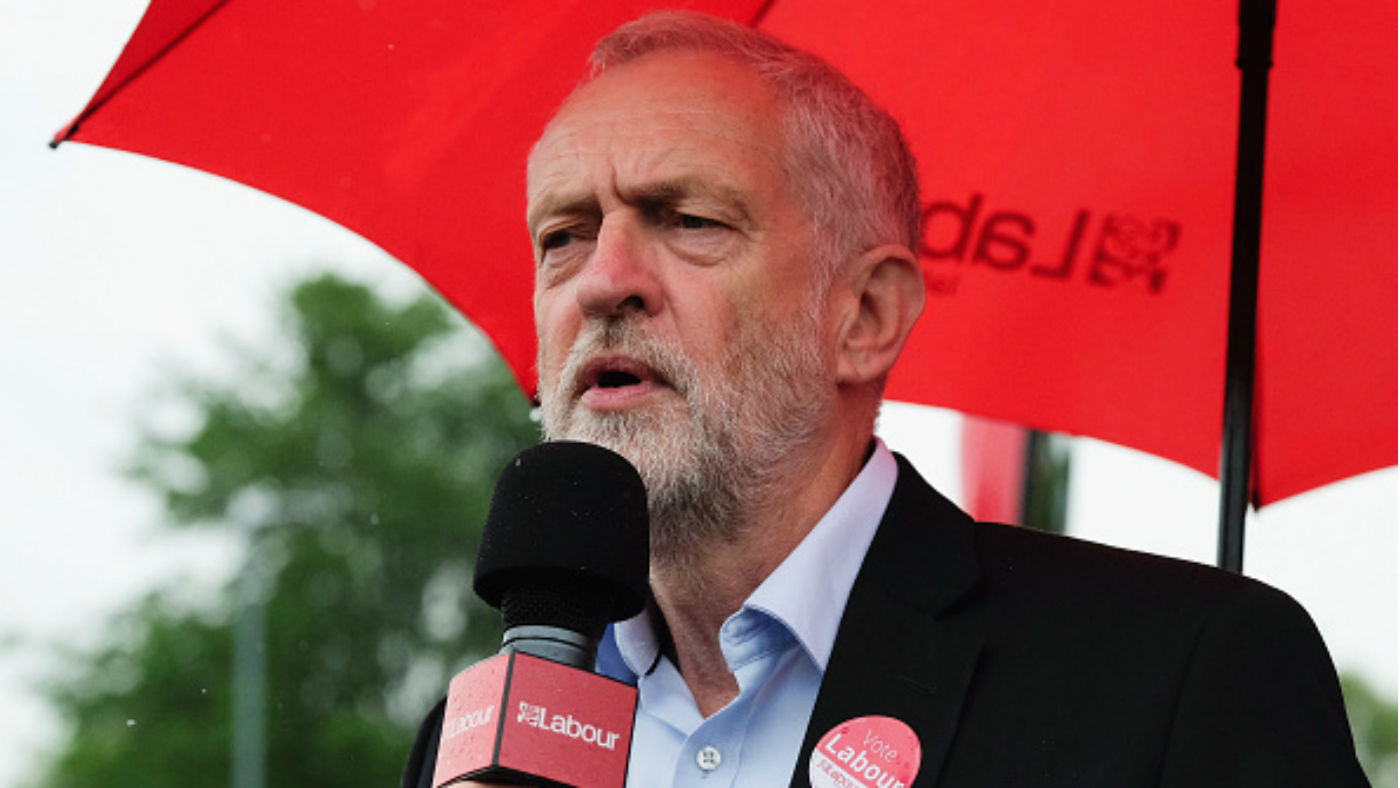
A free daily email with the biggest news stories of the day – and the best features from TheWeek.com
You are now subscribed
Your newsletter sign-up was successful
Security is topping the political agenda following another terror attack on UK soil merely days before voters head to the polls.
The third attack in as many months has sparked a fresh debate about counter-terrorism, with Theresa May yesterday unveiling a new four-point plan to tackle extremism.
"While we have made significant progress in recent years, there is – to be frank – far too much tolerance of extremism in our country," the Prime Minister said.
The Week
Escape your echo chamber. Get the facts behind the news, plus analysis from multiple perspectives.

Sign up for The Week's Free Newsletters
From our morning news briefing to a weekly Good News Newsletter, get the best of The Week delivered directly to your inbox.
From our morning news briefing to a weekly Good News Newsletter, get the best of The Week delivered directly to your inbox.
Her plan includes shutting down safe spaces for extremists in the real world and online and increasing prison terms for even minor terrorism offences.
Critics accused the Prime Minister of politicising the atrocity in London in breach of an agreement to halt the general election campaign yesterday, The Guardian reports.
But Jane Merrick argues in The Independent that May should not be blamed for the political nature of her speech.
Experiencing three attacks in fairly quick succession has shaken the country, she says: "As we are in uncharted territory, there is no rulebook to follow. But it seems like May cannot win and would have faced criticism whatever she had said."
A free daily email with the biggest news stories of the day – and the best features from TheWeek.com
Speaking in Carlisle yesterday, Labour leader Jeremy Corbyn accused May of "trying to protect the public on the cheap" as he criticised the Tories' cuts to the police service.
"In a sharp attack upon May’s anti-terror credentials, Labour's leader questioned why the police had faced dramatic cuts under her six-year tenure as home secretary and promised to recruit another 10,000 officers and 1,000 security service agents," the Guardian reports. Security has not previously been seen as a Labour strong suit, particularly under Corbyn, who has voiced doubts about shooting to kill active terrorists and opposed anti-terror legislation.
The past few days have changed the backdrop of the closing stages of the election campaign, says the BBC's Laura Kuenssberg.
"Voters choose their political parties for all sorts of different reasons," she says. "But as this strange election hurtles towards its close, the demand of who can keep the country safe is firmly on the table."
Seven people were killed and 48 injured on Saturday night when three attackers drove a white van into pedestrians on London Bridge and then stabbed revellers outside Borough Market.
-
 Why is the Trump administration talking about ‘Western civilization’?
Why is the Trump administration talking about ‘Western civilization’?Talking Points Rubio says Europe, US bonded by religion and ancestry
-
 Quentin Deranque: a student’s death energizes the French far right
Quentin Deranque: a student’s death energizes the French far rightIN THE SPOTLIGHT Reactions to the violent killing of an ultraconservative activist offer a glimpse at the culture wars roiling France ahead of next year’s elections
-
 Secured vs. unsecured loans: how do they differ and which is better?
Secured vs. unsecured loans: how do they differ and which is better?the explainer They are distinguished by the level of risk and the inclusion of collateral
-
 How corrupt is the UK?
How corrupt is the UK?The Explainer Decline in standards ‘risks becoming a defining feature of our political culture’ as Britain falls to lowest ever score on global index
-
 The high street: Britain’s next political battleground?
The high street: Britain’s next political battleground?In the Spotlight Mass closure of shops and influx of organised crime are fuelling voter anger, and offer an opening for Reform UK
-
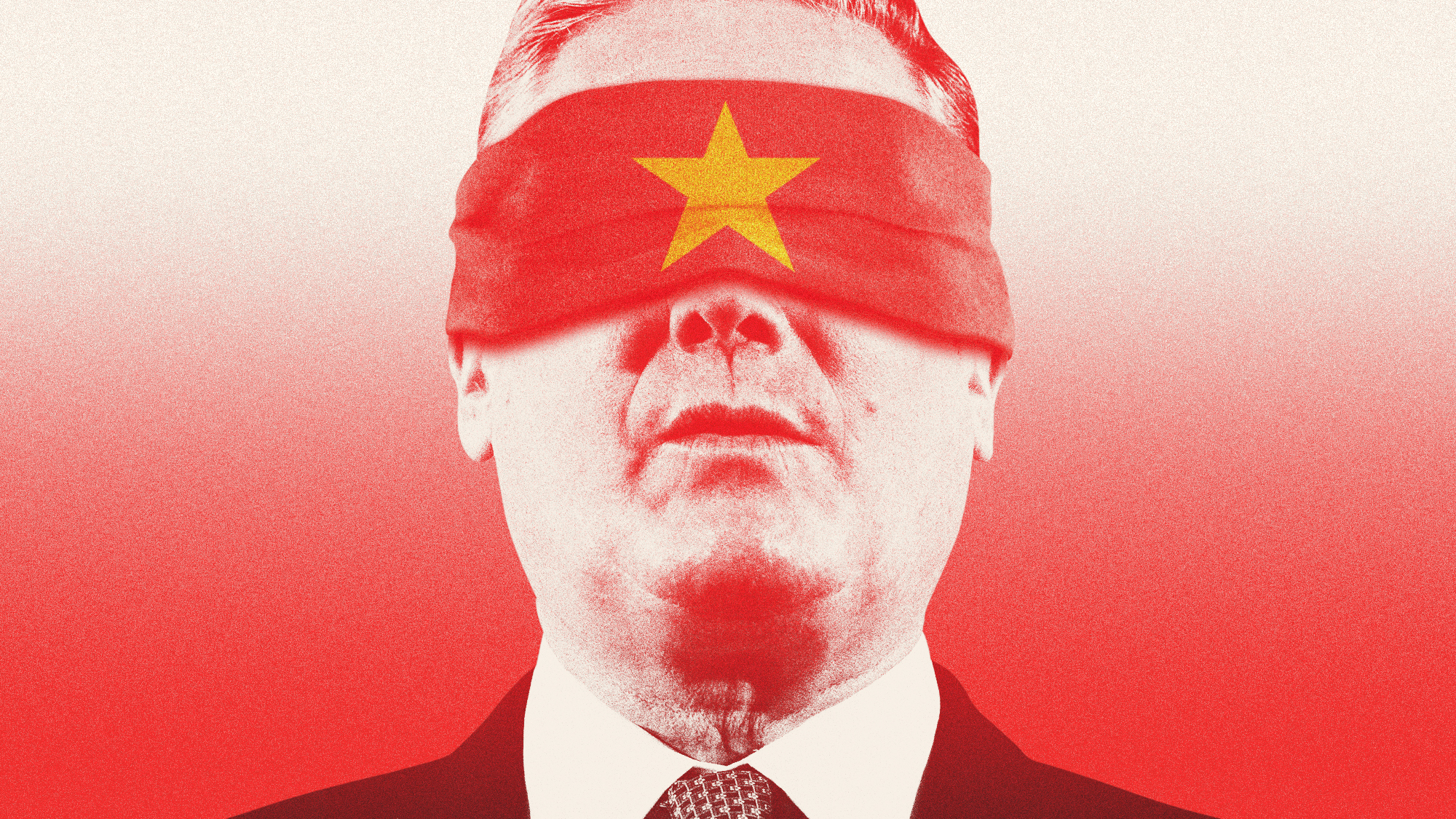 Is Keir Starmer being hoodwinked by China?
Is Keir Starmer being hoodwinked by China?Today's Big Question PM’s attempt to separate politics and security from trade and business is ‘naïve’
-
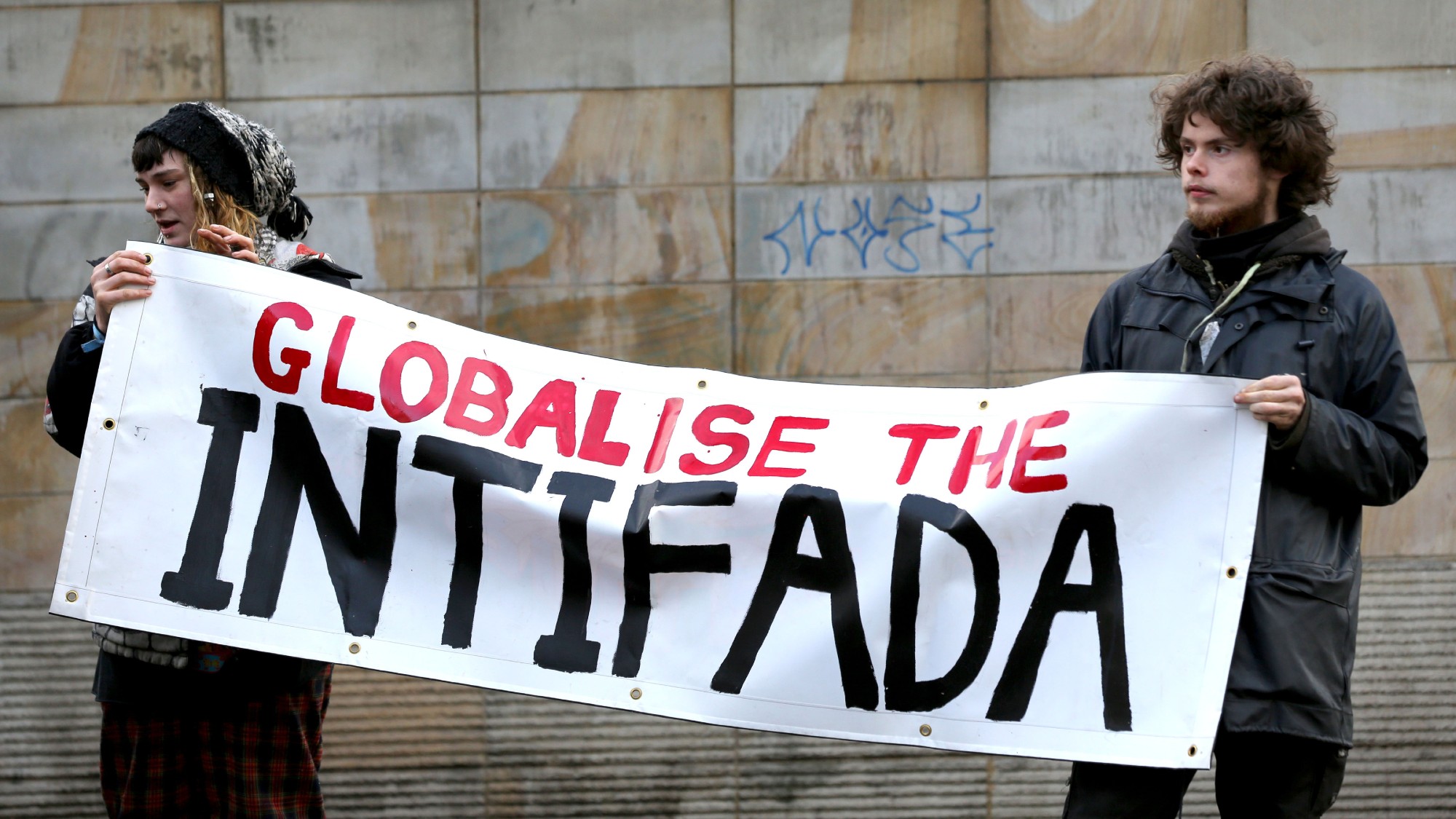 What is the global intifada?
What is the global intifada?The Explainer Police have arrested two people over controversial ‘globalise the intifada’ chants
-
 Is a Reform-Tory pact becoming more likely?
Is a Reform-Tory pact becoming more likely?Today’s Big Question Nigel Farage’s party is ahead in the polls but still falls well short of a Commons majority, while Conservatives are still losing MPs to Reform
-
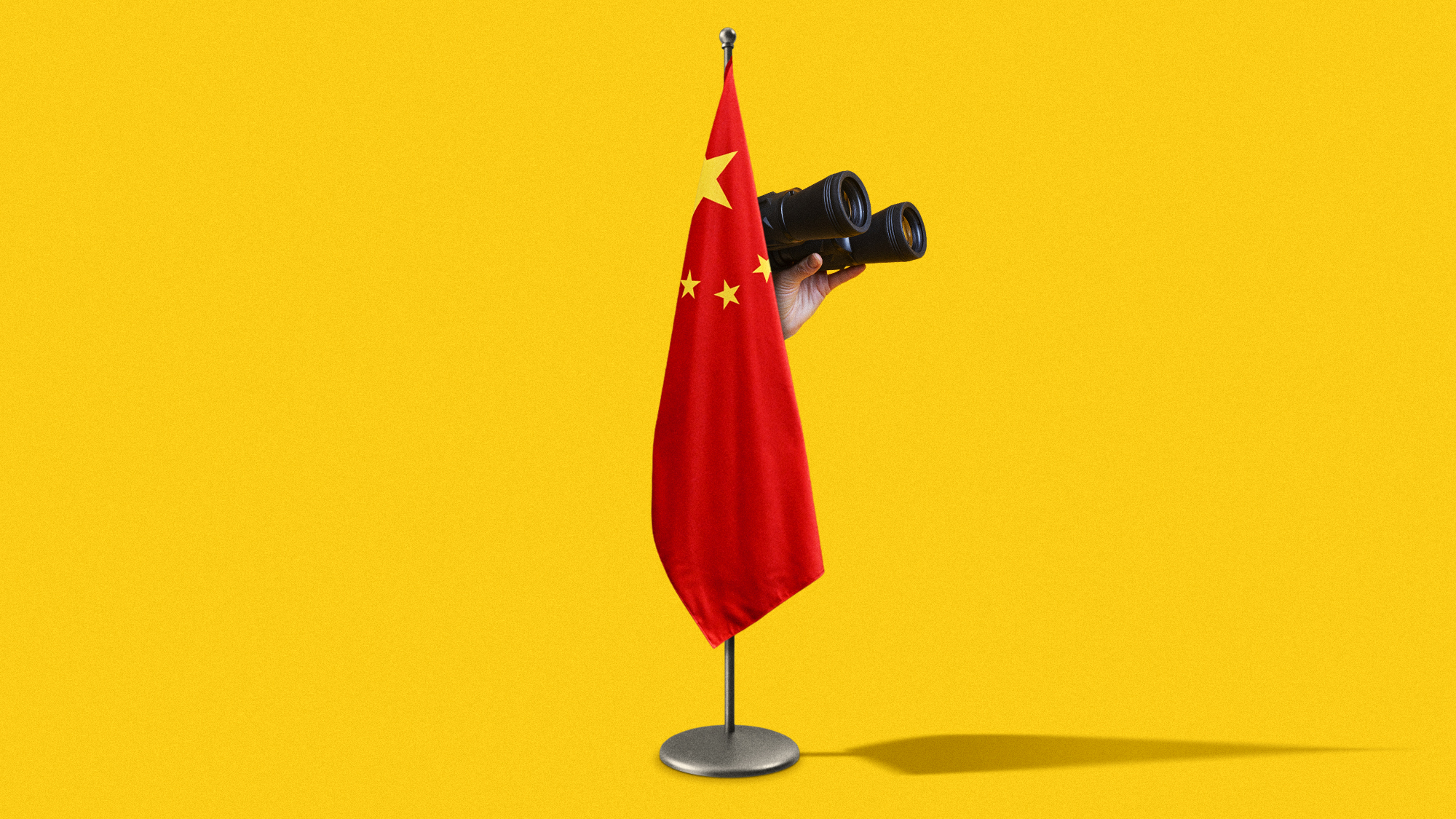 Who are China’s Westminster spies?
Who are China’s Westminster spies?The Explainer MI5 warns of civilian ‘headhunters’ trying to ‘cultivate’ close contacts of MPs and peers
-
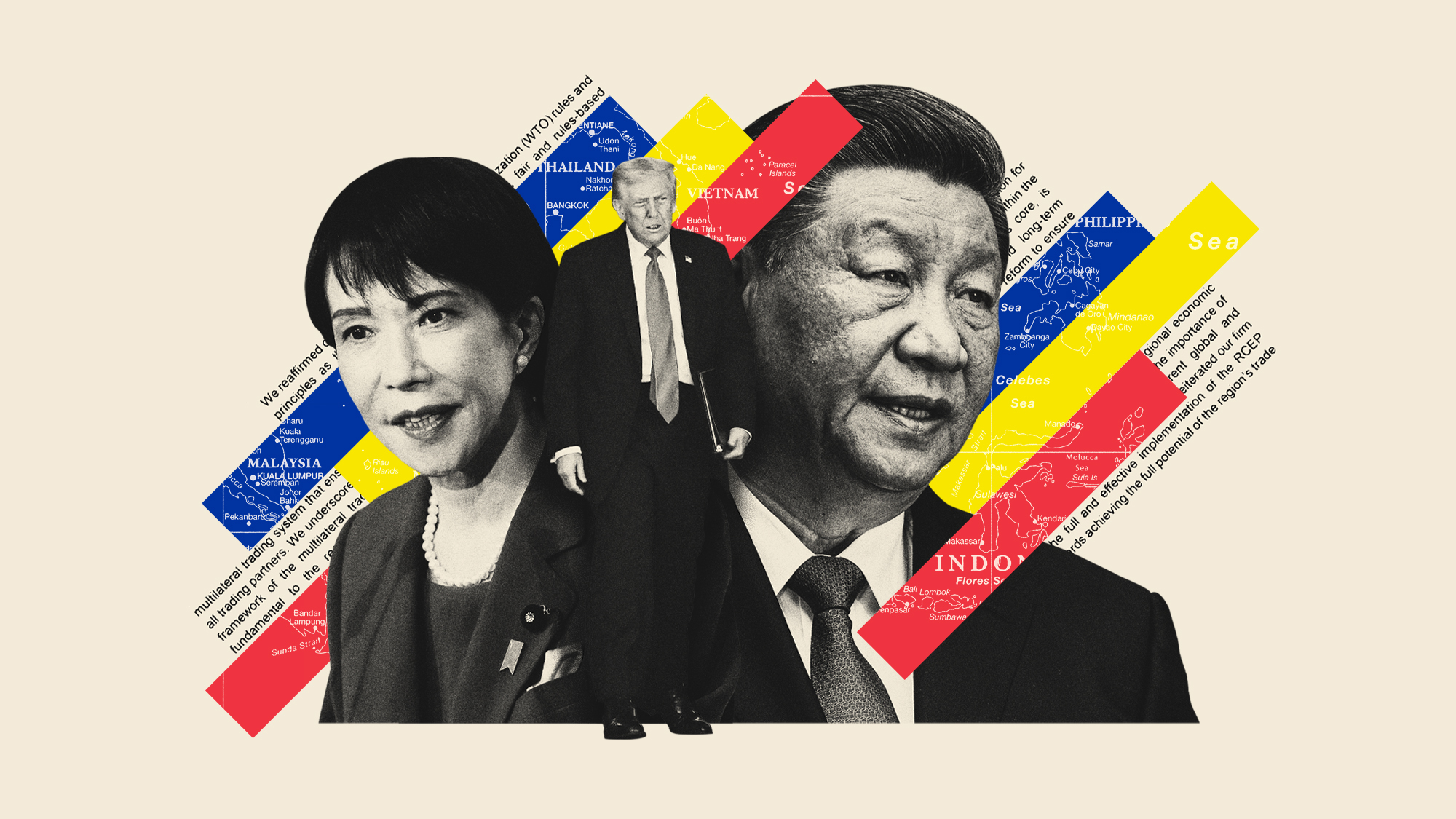 Donald Trump’s week in Asia: can he shift power away from China?
Donald Trump’s week in Asia: can he shift power away from China?Today's Big Question US president’s whirlwind week of diplomacy aims to bolster economic ties and de-escalate trade war with China
-
 Taking the low road: why the SNP is still standing strong
Taking the low road: why the SNP is still standing strongTalking Point Party is on track for a fifth consecutive victory in May’s Holyrood election, despite controversies and plummeting support